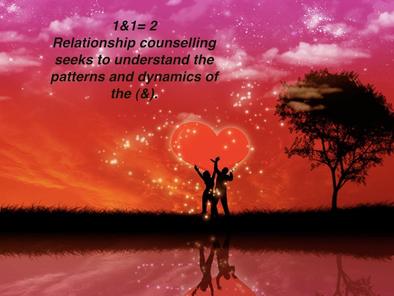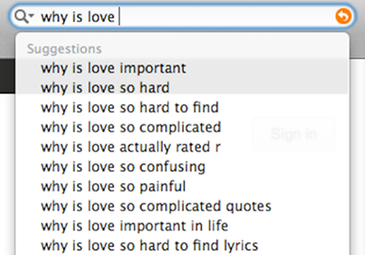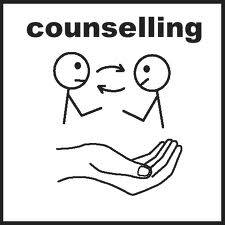
Growth and expansion always involve change. The belief that one has the power to effect change by one’s actions is the ability to be self-efficient. Self-efficiency equates to productive creative behavior and self-empowerment. Sharing of information and power within interpersonal relationships is rare in our traditional hierarchical structures and can cause conflict. In order to avoid unnecessary stress and conflict it is important to allow for differences in personal perspectives. Conflict in the face of change is natural and even necessary. Choices and decisions are likely to involve disagreements over differing opinions and beliefs. The challenge is to enable constructive conflict without escalation into interpersonal conflict. Learning to adapt and be flexible to each others strengths and weaknesses facilitates conflict management instead of escalating the conflict. This learning involves trust in each others ability to adapt and change. Psychological and emotional intelligence enable people to manage a variety of differing values, feelings, beliefs and needs. These qualities foster a sense of belonging, which is vital to ensure ongoing commitment and loyalty to one another and also serves a basic human need. For more information on Psychological and emotional intelligence and conflict resolution please contact me through my website www.counsellingrelationships.com.au





 RSS Feed
RSS Feed